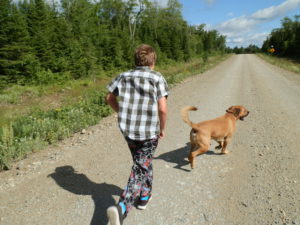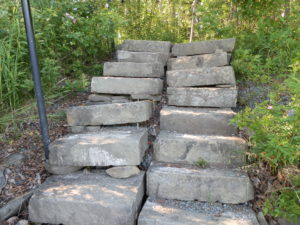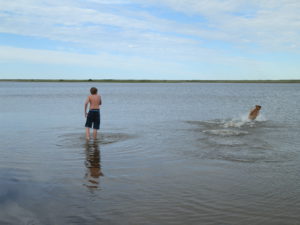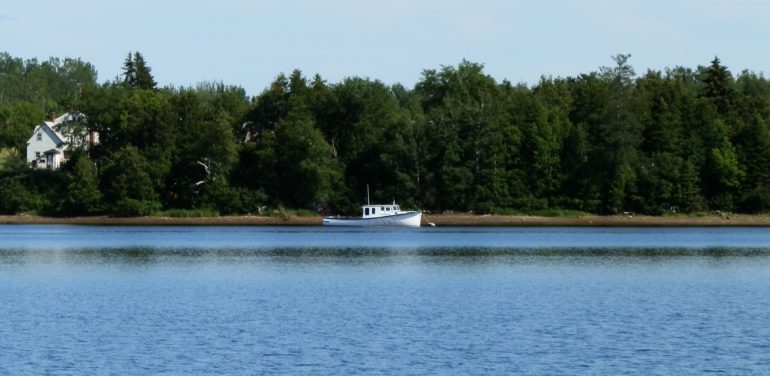Looking after your Investment
When you finally decide to buy your dream RV, get it paid for and get it home, then it’s up to you to look after it. Although a lot depends on what you buy, RV Maintenance is always going to be a factor in having a safe and enjoyable experience. Let’s use the gas Class C for an example. These
RV’s are basically a Van or Box Truck with a motorhome on the back. Mechanically they can be tuned up just like a car. If you bought a new Class C, your owner’s manual should have an RV Maintenance Schedule inside and it is recommended that you follow it. This will be a list of what should be done after a certain period of time or after traveling a certain amount of distance. The same would go for a lightly used Class C. A Class A RV may be a little different. It may be a truck drive line and require a certain kind of upkeep. A Class A Diesel is definitely different and may require a Technician to run you through the maintenance before you try it yourself.
If you bought an older RV you need to establish your own RV Maintenance Guide. This would be a list of things to do and how often to do them. There are a lot of variables in this, between different Classes, different brands, different sizes and even different climates. It is always a good idea to get as much information as you can from owners of similar RV’s around your area, to help with this. I use the internet and look for blogs or forums for information on my RV and I use YouTube to actually view how some things might be done. I am not a mechanic, but there are a lot of things non Mechanical that I can do myself to save money and keep my RV in good working order. Some people feel better knowing all their maintenance was done by a trained RV technician. There is nothing wrong with that, as long as it gets done. What you do is strictly up to you and your budget.
The Seasons

Some of us who live in a colder climate choose to store our RVs for the winter or coldest season. Leaving our RVs out of use for this period of time, can create some problems if we are not careful. Rodent intrusion is a big problem for some of us. It is hard to avoid these small animals that are looking for a place to bed down for the season. I would not recommend traps or poisons for this problem. You wouldn’t want a sick mouse to embed himself where you can’t see him and wonder what the infestation of flies or bugs or odd smell, is coming from. It is best to try to deter them with odors they don’t like. I use shavings of Irish Spring soap spread around where they may enter, in cupboards, or anywhere I may have seen a sign of them. Leaving your cat inside for a few hours at a time can help too. I’ve heard that they will avoid the smell of a cat and if not, your cat may take care of what it finds in it’s own way.
When I leave my RV for any period of time, I always remove or disable the batteries from remotes, flashlights, camera’s, clocks etc. You can leave them in the utility they were meant for, just turn them around backwards so they will not drain and corrode the inside connection. It is always good to unplug anything not in use when storing your RV. It could be possible for a rodent to chew up some wire and then you have a problem you can’t find or maybe a fire. We always place Bounce sheets on our bed, couches, or in any cupboards where we might leave towels or bedding. Rodents don’t like the smell and will stay away. We also keep all our linens in vacuum storage bags. If something gets inside you will have evidence of a hole and clean things properly. The bounce sheets or soap shavings inside the bags is usually enough to keep them at bay.
It is always a good idea to cover your tires when not in use. The sun will cause cracks, blisters or weaken the side walls. These big tires don’t wear down fast like car tires will, unless we put a lot of miles on, so they will look like they have enough tread but are weak in other areas. There is a Date code on each tire and I have heard that you should replace them, no matter how they look, every eight years or sooner. Make sure you have the proper PSI of air in them at all times. A lot of people will close all the blinds and curtains for the same reason. The sun can cause damage to your dashboard and furniture as well. If you live in a hot climate it might be a good idea to run your air conditioning at a high temperature to keep the inside of your RV from getting too hot. Of course, you can only do this if you are plugged in to power.
Cold Weather

Unless you can follow good weather around you may want to store your RV for the whole Winter Season. If you do ,you would want to Winterize all your tanks and plumbing system. This includes anything that uses water or freezable liquid. My RV is very easy to do myself but I have had a technician come to my house and do it for me if I was unable. I was charged $50 plus the cost of the anti-freeze which I supplied myself. I buy it in bulk and store it safely in the garage. Remember anti-freeze is poison to Kids and Pets so if you spill some, hose it down right away. I have a washer, dryer and an ice maker so I wasn’t sure at first how to get the anti-freeze into them. Turns out it was easy. You do everything else first, then turn all the faucets off, leave the pump on and turn on the ice maker. As soon as you see the red liquid come out, it is done. Then turn on the washer until you see the red liquid run into that. I always clean out the pipes and tanks before the next time we use them. I mix some Chlorine and water together and run it through the pipes and run fresh water into the dump tanks a few times just to give them a cleaning. I do put some Clorox or dish soap into the black tank and use the washer feature to clean and agitate it up some.
Make sure to remove anything with liquid that will freeze. Any cans of food or drink may explode of they freeze. Cleaning liquids as well. Spray cans of bug spray or lubricants could also freeze. Wipe down inside the fridge and leave the door slightly ajar to keep out mold. While the weather is still nice wash and put on some kind of protectant to the outside of the Rig. Roll out any awnings and spray them down or wipe them clean. Let them dry thoroughly before rolling them back up. Lubricate any moving parts with a silicone spray or white lubricant. The sprays attract dust and dirt over time, but if you wipe them down and reapply them regularly, it’s not a problem. The same goes for slide outs. Lubricate them with a grease free lubricant, slide them in and secure them. It’s also a good idea to cover any vents to keep out insects and rodents. That is a lot easier than trying to clean out a nest in a hard to reach spot later. If you have an RV cover, use it. If not check all the caulking on the roof and seals around the windows and repair it if necessary. You could also run a lubricant around your window seals or rubber to keep them from drying out. My dishes are up high and I have never seen any sign of rodents up there, but if it is a worry for you, then you can always put them in a sealed container. I would do the same with any dried food packages you want to leave. You will establish your own system or list of things to do. A lot is common sense.
Conclusion

This is just a guide for storing or maintaining your RV if you live in a cold climate. I will be covering it more in future Posts. It is best to get to know your particular RV and what it needs and when it needs it. Its a big investment and just like a house, needs constant care. I love to work on my RV so I enjoy doing things myself if I can. If I couldn’t, I would find a local person or business that might want the work and even make house calls to do it in your Driveway. You may find that option more affordable and it would take the stress out of ownership for you.
Good Luck wherever the road takes you.
Dick

Thank you for a most helpful article on how to protect and store your RV. We have been looking at getting one of these and taking some time off to travel and see more of the beautiful country that we live in.
Luckily we live in Africa, so the snow should not affect our cooling system at all, but with the hot African sun, its great advice to cover your tires, and since the tires aren’t changed as regularly as normal cars tires, it could become dangerous to drive around with perished and sun damaged tires. All one needs is a blowout and it could cause a life-threatening accident.
Hi Michel. Thank you for your nice comments. I would think Africa would be quite a place to explore in any vehicle. Canada can be remote and full of wildlife as well. We do enjoy everywhere we get to go. Its too bad the Winter does ground us for half the year though. Oh well, we do make the best of it. Thanks again for sharing and your kind remarks.
So much great information here on how to maintain and care for an RV. They are a huge investment in money and need an equally huge investment to their care. Its the same with anything though, look after it and it will look after you and yours for many years to come. I have never had a motorhome but have experience with boats, similar attention to care and maintenance applies.
I have seen a few accidents with towing boats or caravans as we call them in the UK caused by poor maintenance to brakes and towing equipment. It really is important.
Equipment and supplies inside over winter need attention too. I enjoyed reading this. I hope more people take note.
Thank you
Louise
Thank you Louise for your nice comments. Maintenance really does pay for itself. I too have had experience with boats. I even lived on one of mine for awhile. That may be my next subject down the road. Thank you again.